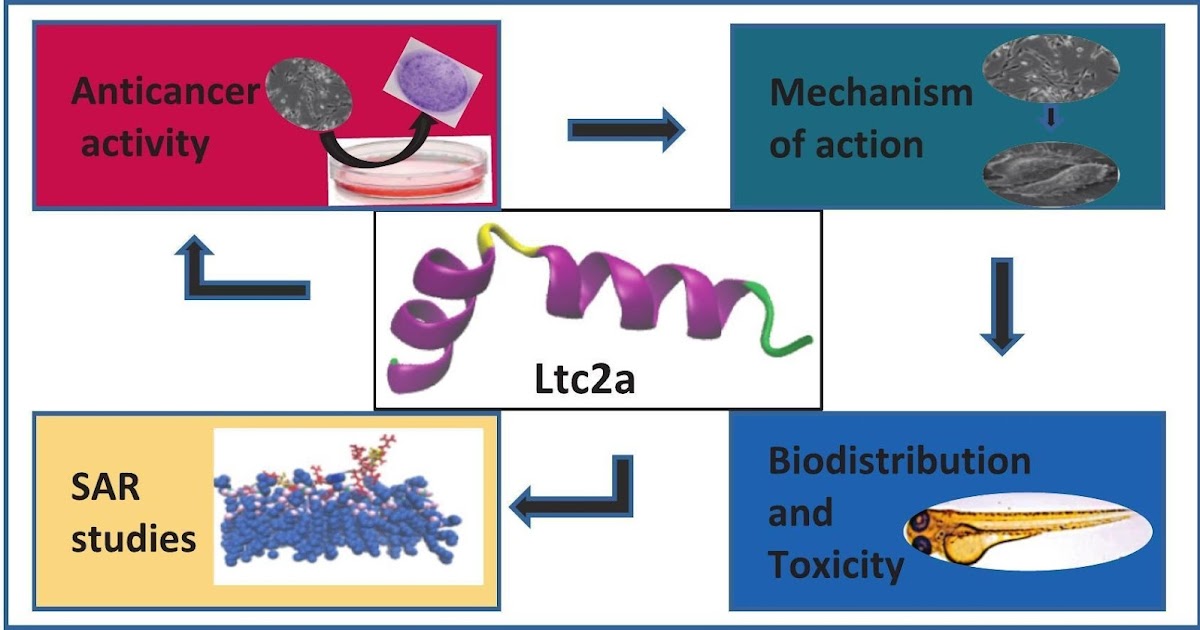Cancer remains one of the most formidable challenges to human health, necessitating constant exploration of innovative therapeutic strategies. Among the myriad potential candidates, peptides from venom have emerged as potent sources of bioactive molecules possessing diverse pharmacological properties. In this study, we repurposed a spider venom-derived antimicrobial peptide, Ltc2a, into a selective anticancer agent, bridging microbial defense with cancer therapeutics. Our findings reveal that Ltc2a exhibits selective cytotoxicity towards cancer cells compared to normal cells at just 2 μM of the peptide concentration. Ltc2a induced rapid cytotoxicity within 1 h in breast cancer cells and it was accompanied by membrane disruption as shown by propidium iodide (PI) positive staining and visible damage to cancer cell membranes under field emission scanning electron microscopy (FESEM). In vivo studies using a zebrafish model indicated favorable uptake and a lack of acute toxicity, depicting 80 % survival rate up to 4 μM of tested peptide concentration. Interestingly, the truncated variants of Ltc2a retained their alpha helical structure and demonstrated preferential uptake in MDA-MB-231 cells over HEK293T cells. These findings highlight the therapeutic potential of Ltc2a as selective anticancer peptide with minimal toxicity, paving the way for further preclinical development.








